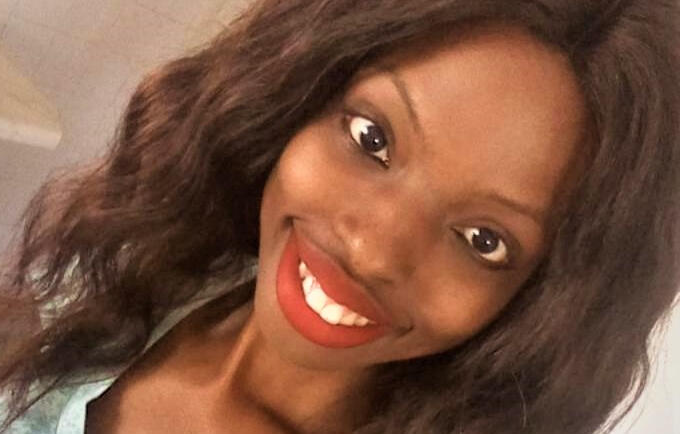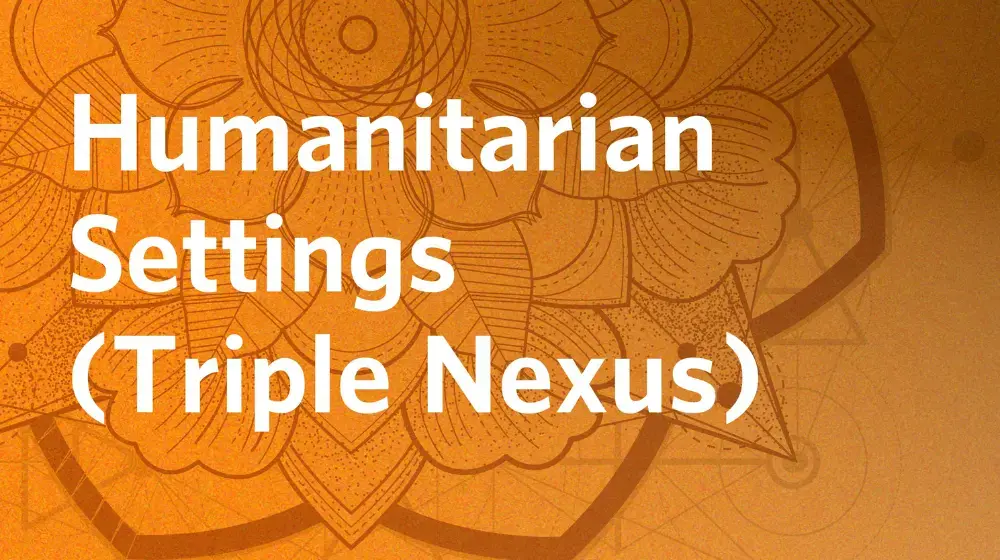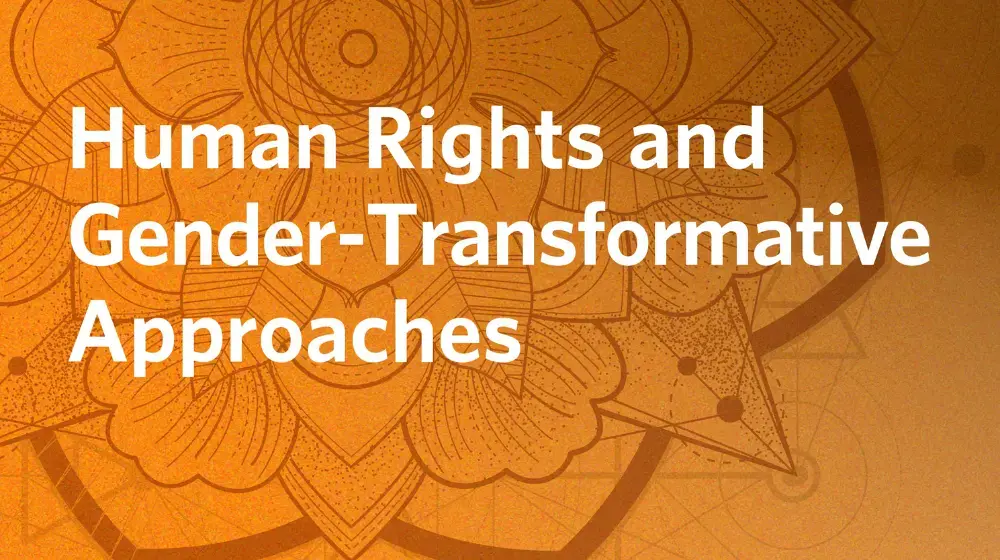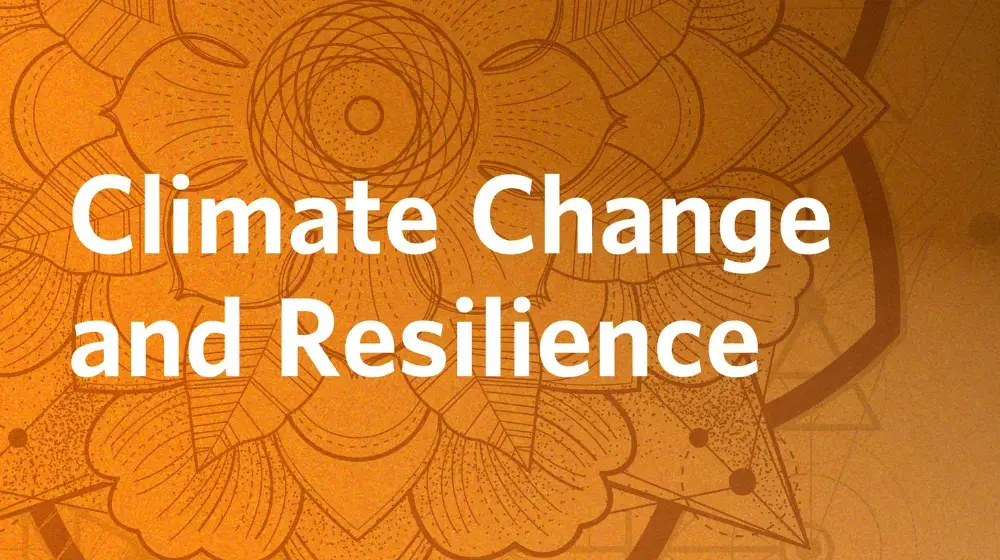Zimbabwe: 28-year-old Sharon Fadzai Muchena's Story
Date of diary session: 8 May 2020
“My main worry right now is whether my sanitary [products] will take me through to the end of lockdown.”
After COVID-19 was declared a pandemic by the World Health Organization, the government of Zimbabwe issued a number of statutory instruments in March this year. One of these imposed a curfew and bans on public gatherings. Zimbabwe has joined other countries in a total lockdown. Today is day 40 and I am locked down with my family (my mom, dad and siblings).
For the first two weeks, doing the same routine and seeing the same people ended up being monotonous for me. So I decided to look for something that would occupy my mind. I'm learning Bemba, which is a Zambian language, as well as trying out new recipes. I’m also now on different virtual social groups, which discuss different topics every day with regards to gender-based violence, and sexual and reproductive health and rights, among other things. My main worry right now is whether my sanitary [products] will take me through to the end of lockdown.
I’m my brother’s tutor and my grandma’s nurse

I have a brother in Form 1 (Grade 8) and since the lockdown he has not been going to school or attending extra lessons. I have become resourceful since I’m the one who is taking him through all his 10 subjects. I have also helped him with doing laundry and his day-to-day chores. My grandmother is 78 years old and requires constant nursing. I always check if she has taken her medication and if she has bathed. I have also helped those who I connect with virtually with data analysis and tools development.
I’m currently studying towards a Master’s Degree in Sociology and Social Anthropology at the University of Zimbabwe and I am in my final semester. The lockdown has affected my mobility and connectivity as a student. I am restricted regarding visiting other students and my supervisor, who are crucial as think tanks and supporters of my project. To cope with that, I have opted for online learning, although it is cumbersome to access the online libraries from home, such as JSTOR as well as Francis and Taylor.
As soon as all this is over, I’m going for my driving test, which I missed due to the lockdown.
Missing physical social connections
I really miss physical social connections - this is important for my studies and for my spiritual, religious and overall health and wellbeing. As soon as all this is over, I’m going for my driving test, which I missed due to the lockdown. I’m really worried about the possible skyrocketing of the cost of food and basic needs. I am worried about the safety and wellbeing of my family, friends, Zimbabwe in general and the world at large. I’m also worried about the economy going down, affecting human rights and development. I’m worried about the abuse of human rights and gender-based violence going up.
Regardless of all this, I’m grateful for life, family and friends. My advice to fellow young people is this: all our plans and dreams seem to be shattered or delayed due to the lockdown but just remember, all this will pass. Dreams have no expiry date!
About the #YouthAndCOVID19 Series
The UNFPA East and Southern Africa Regional Office through its flagship programme for youth, the Safeguard Young People programme, has been engaging with young people in the region to find out how they are coping with the current COVID-19 pandemic. The aim of the project is to share best practices among the youth and to expose them to the many interventions and responses to COVID-19 that UNFPA and its partners have put in place during this time.
To share your story, click here.
- Lindiwe Siyaya





